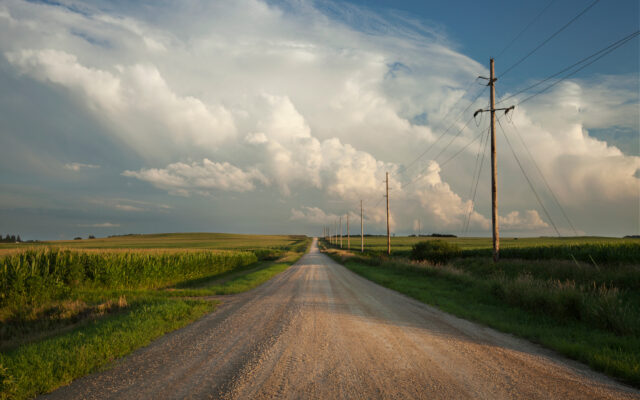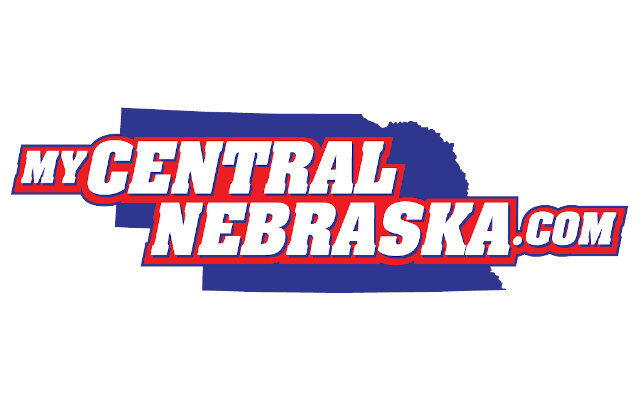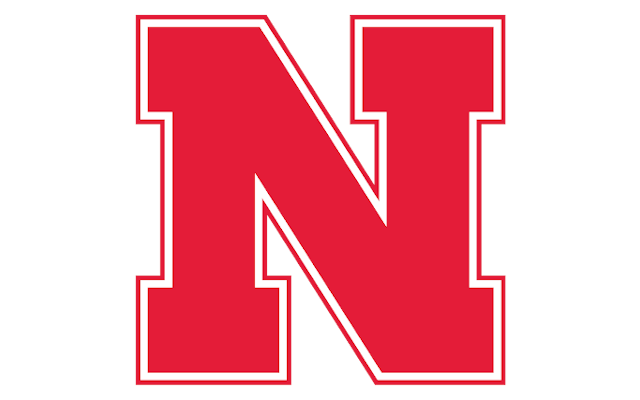Urban Ag in Rural Nebraska? Absolutely!

LINCOLN, Neb., June 29, 2022 – When people think about urban agriculture chances are they don’t picture the village of Rogers, Neb., population 109. But located right in the middle of this northeast Nebraska town is Beavers Produce, a vegetable production operation ran by Andrew and Amber Beavers.
The U.S. Department of Agriculture is working more with urban, specialty crop producers, and the USDA’s Natural Resources Conservation Service (NRCS) is following suit. NRCS in Nebraska is starting to work more with growers like Andrew. But there’s definitely been a learning curve – for both parties.
Brach Johnson, outreach coordinator for the Nebraska NRCS, met Andrew Beavers a couple years ago when Andrew was selling produce at a farmers market. Brach was working at the NRCS office in Schuyler, Neb., at that time as a resource conservationist. Brach struck up a conversation with Andrew about his operation.
Brach said, “Andrew didn’t think he qualified for the programs and services NRCS provides, but I told him he’s a farmer just like the guy with 1,000 acres of corn and soybeans is a farmer.”
With Brach’s help, Andrew worked with his local USDA Service Center to complete all the necessary paperwork with the Farm Service Agency.
Brach said, “It wasn’t easy at first to get Andrew signed up. Our offices are learning that agriculture is expanding. Things are changing. Our staff is learning along with the growers. So, it may take a little patience, but getting in the door and visiting with your local USDA Service Center staff is the first, important step. Don’t give up. Be persistent.”
Once the paperwork with FSA was done, Andrew, Brach, and NRCS Soil Conservationist Jenna Kampschnieder, worked together to design a conservation plan for Andrew’s farming operation.
Brach said, “The conservation programs available from NRCS can really help these small, urban growers produce more, all while using fewer natural resources.”
Andrew worked with NRCS to apply for the Environmental Quality Incentives Program, often called “EQIP.” This program provides funding and the technical knowledge from local conservationists to plan and install conservation practices on farming operations that help conserve natural resources.
Through EQIP, Andrew was able to receive funding to install a high tunnel on his farm. A high tunnel is like a green house. While a high tunnel doesn’t have any powered heating or cooling capability it still enables growers to expand their growing season by several months, which according to Andrew, makes a huge difference in his bottom line.
“When I go sell my produce at farmers markets, I often am the first one there with tomatoes to sell. For weeks I have a corner on the market, which means a big increase in sales. The high tunnel is the only way to have produce available ahead of the other growers,” Andrew said.
The high tunnel also increases yields and protects crops from extreme weather events like hail and wind.
Andrew said, “I have jalapeno plants growing inside and outside of the high tunnel. The plants inside the high tunnel grow twice as big and produce twice as much as the plants outside. Everything grows better in the high tunnel. Plus, if I had a hailstorm come through late in the growing season, I’d be done. But the high tunnel protects a large portion of the produce I’m growing.”
Andrew hopes to install another high tunnel on his farm through EQIP. He’s also working with Jenna to look at additional improvements to his operation that will improve soil health and water efficiency.
Brach said working with Andrew on his farm has been one of the most rewarding projects he’s worked on during his 20-plus year career with NRCS.
“I feel like there are a lot of opportunities like this across Nebraska. We just need to all work together and maybe think more broadly about what agriculture looks like. NRCS has resources available for all growers who want our assistance.”
If you are a farmer or rancher interested in learning more about the programs and services available from the USDA Natural Resources Conservation Service, stop by your local USDA Service Center. There you will find a conservationist to discuss your farm or ranch operation, your goals, and the assistance available. All assistance is free of charge and participation in conservation programs are totally voluntary. There is no obligation to participate.
For more information, visit the Nebraska NRCS website. Program applications are accepted year-round.


